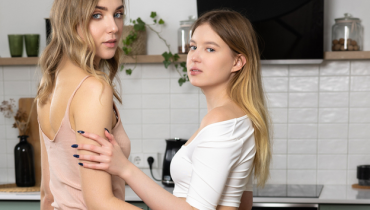Zoe Mitchell never thought she would rely on her phone for therapy. As a young professional balancing deadlines, travel, and personal challenges, stress was her constant companion. She tried traditional counseling but struggled to maintain regular appointments.
That’s when she discovered mental health apps for stress relief. “I used to think apps were just for fitness or entertainment,” Zoe says. “But the right app can actually feel like carrying a pocket therapist.” Her journey with these digital tools reveals both their promise and their limitations in today’s world of instant connectivity and constant pressure.
The Role of Technology in Mental Health
At first, Zoe worried that relying on an app might trivialize her struggles. But she soon learned that many apps are built on evidence-based techniques like cognitive behavioral therapy (CBT), mindfulness, and meditation. “I started with guided breathing exercises,” she explains. “In just five minutes, my anxiety would drop.” Over time, she explored features like mood tracking, journaling prompts, and AI-powered chat support. The consistency and accessibility were what made them powerful. “I could be on a plane or in a hotel and still check in with myself,” she says. For someone with a busy schedule, these apps provided a lifeline that traditional therapy alone couldn’t match.
However, Zoe also recognizes the importance of professional guidance. “Apps can’t replace therapists,” she cautions. “But they can fill the gaps — they make care continuous instead of occasional.” For many, this accessibility lowers barriers to entry. Instead of waiting months for an appointment, a person can start practicing stress management today. That immediacy has made mental health apps one of the fastest-growing categories in digital wellness.
What Makes Apps Effective for Stress Relief
Zoe believes effectiveness comes down to three factors: usability, personalization, and integration. Usability means the app must be simple enough to use during stressful moments. Personalization means recommendations adapt to individual needs rather than offering one-size-fits-all advice. Integration means the app works alongside lifestyle habits like exercise, sleep, and nutrition. “The best apps don’t try to replace life,” she says. “They help you engage with it more calmly and clearly.”
Her favorite discovery was realizing how much small daily practices compound. Just ten minutes of guided meditation before bed improved her sleep. Logging her emotions daily helped her recognize patterns that triggered anxiety. And setting reminders for hydration and breaks during work reduced her burnout. “It’s not dramatic,” Zoe explains, “but it’s consistent. And consistency is what heals stress.”
Zoe’s Guidance for Others
Zoe encourages people to experiment with different apps but to approach them with realistic expectations. “Don’t expect an app to solve deep trauma,” she says. “But do expect it to give you tools for everyday calm.” She advises starting with free trials, focusing on apps with clear scientific backing, and remembering that even small improvements matter. “Stress relief isn’t about erasing stress,” she concludes. “It’s about building resilience. These apps helped me do that.”




























































